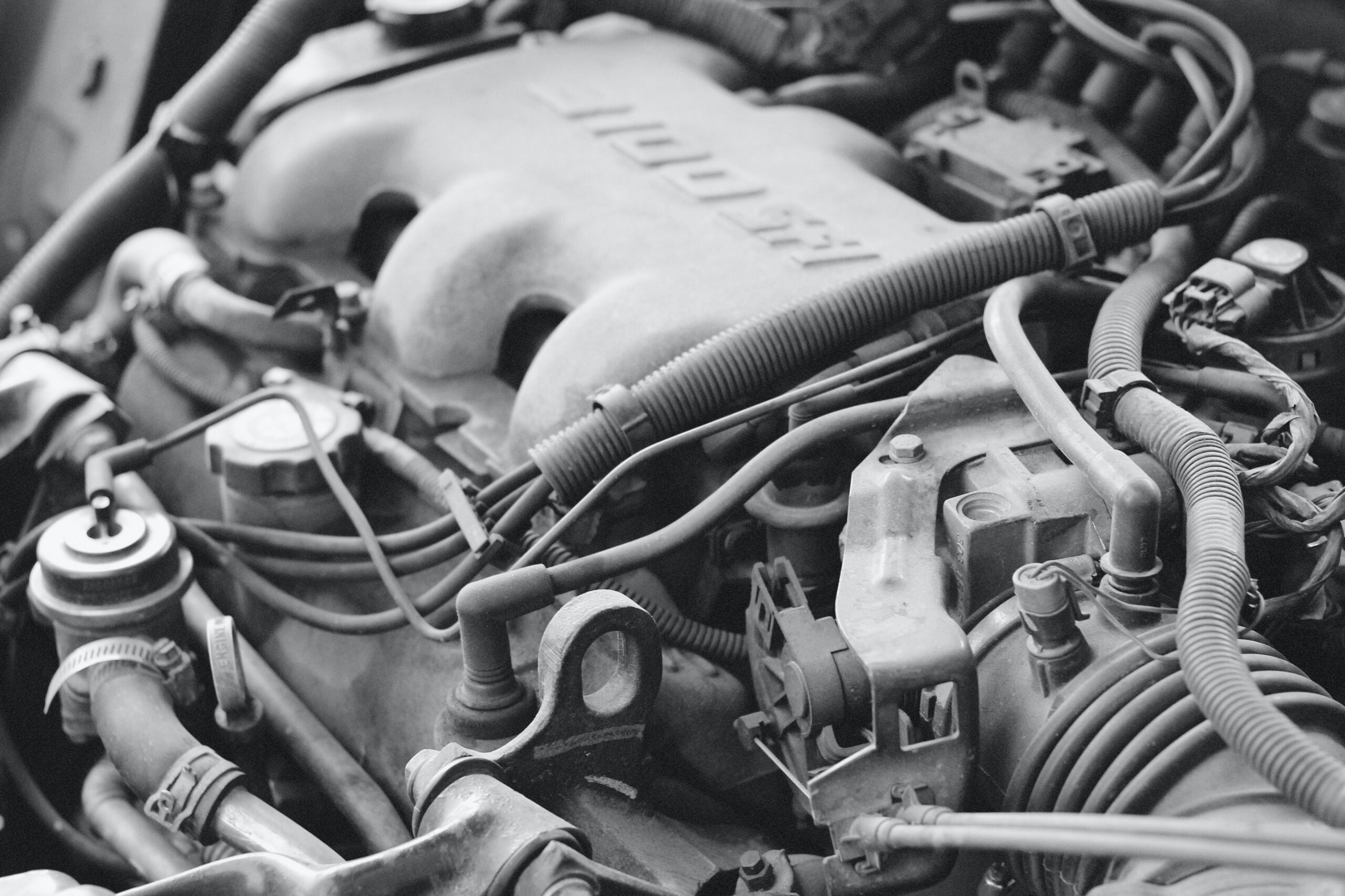Introduction to Tune-Ups
In the automotive world, a tune-up is akin to a regular health check-up for humans. It’s a routine maintenance procedure to ensure a vehicle runs efficiently, smoothly, and safely. The components and processes involved in a tune-up have evolved in the ever-evolving landscape of automotive technology. Still, the core principle remains the same: to maintain or restore optimal vehicle performance.
The Historical Perspective of Tune-Ups
Historically, the term “tune-up” was associated with the routine adjustment of the ignition timing, idle speed, and other parameters to meet the vehicle’s specifications. With the advent of modern electronic controls and fuel injection systems, many of these manual adjustments have become obsolete. However, the term has persisted and now encompasses a broader range of services.
Why are Tune-Ups Essential?
a. Fuel Efficiency: One of the primary benefits of regular tune-ups is fuel efficiency maintenance. As components wear out or become dirty, they can cause the engine to work harder, consuming more fuel. By replacing and maintaining these components, you ensure that your vehicle remains fuel-efficient, saving you money at the pump.
b. Longevity: Vehicles are significant investments, and regular tune-ups can extend the life of your investment. By identifying and addressing minor issues before they become major problems, you can prevent costly repairs and extend the lifespan of your vehicle.
c. Performance: Over time, various parts of a vehicle can wear out or become misaligned. This wear and tear can lead to decreased performance, reduced power, and an overall less enjoyable driving experience. Regular tune-ups ensure that your vehicle remains at its peak performance.
d. Safety: A well-maintained vehicle is a safe vehicle. Tune-ups can identify potential safety issues, like worn-out brakes or balding tires, ensuring that you and your passengers remain safe on the road.
The Components of a Tune-Up
a. Spark Plugs: These tiny components are crucial in the combustion process. Over time, spark plugs can wear out, leading to misfires, reduced fuel efficiency, and decreased performance. Modern spark plugs last longer than their older counterparts, but they still need to be checked and replaced periodically.
b. Air Filter: The engine requires a steady supply of clean air for optimal combustion. Over time, the air filter can become clogged with dirt, dust, and debris, leading to reduced engine performance and increased fuel consumption. A routine replacement ensures a clean air supply.
c. Fuel Filter: Just as the air filter ensures clean air, the fuel filter ensures that the fuel reaching the engine is free from impurities. A clogged fuel filter can strain the fuel pump, reduce performance, and, in extreme cases, can lead to engine damage.
d. Belts and Hoses: These components might seem insignificant, but they play vital roles in the functioning of various systems in the vehicle. From powering the alternator and water pump to ensuring the proper flow of coolant, belts and hoses are integral to vehicle operation. Over time, they can become brittle, cracked, or frayed, leading to potential breakdowns.
e. Fluids: Fluids, including engine oil, transmission fluid, brake fluid, and coolant, play essential roles in the vehicle’s operation. Regularly checking and replacing these fluids can prevent wear and tear on components, ensuring smooth operation and preventing potential damage.
Modern Vehicles and Tune-Ups
Modern vehicles come equipped with advanced electronic systems that monitor and control various aspects of the vehicle’s operation. These systems can often self-adjust to maintain optimal performance. However, this doesn’t negate the need for tune-ups. Instead, it changes the focus from manual adjustments to component checks, replacements, and software updates.
How Often Should You Get a Tune-Up?
While older vehicles required more frequent tune-ups, modern vehicles have extended these intervals thanks to advancements in technology and materials. Generally, a tune-up is recommended every 30,000 miles or every two years. However, always refer to your vehicle’s owner manual for specific recommendations, as these can vary based on the make, model, and specific conditions.
The Environmental Impact of Tune-Ups
Regular tune-ups not only benefit vehicle owners but also the environment. A well-maintained vehicle emits fewer pollutants, ensuring cleaner air. Additionally, maintaining fuel efficiency reduces the consumption of fossil fuels, leading to a smaller carbon footprint.
First Tire & Automotive: Your Tune-Up Specialists
At First Tire & Automotive, our team is dedicated to ensuring that every vehicle we service is at its best. With state-of-the-art equipment and a team of experienced professionals, we provide comprehensive tune-up services that ensure your vehicle’s longevity, performance, and safety.In the world of automotive care, tune-ups stand as a testament to the importance of regular maintenance. They encapsulate the idea that vehicles can remain efficient, powerful, and reliable for years to come with a little care and attention. Whether you’re driving a vintage car or a modern marvel, regular tune-ups are the key to unlocking the full potential of your vehicle.

